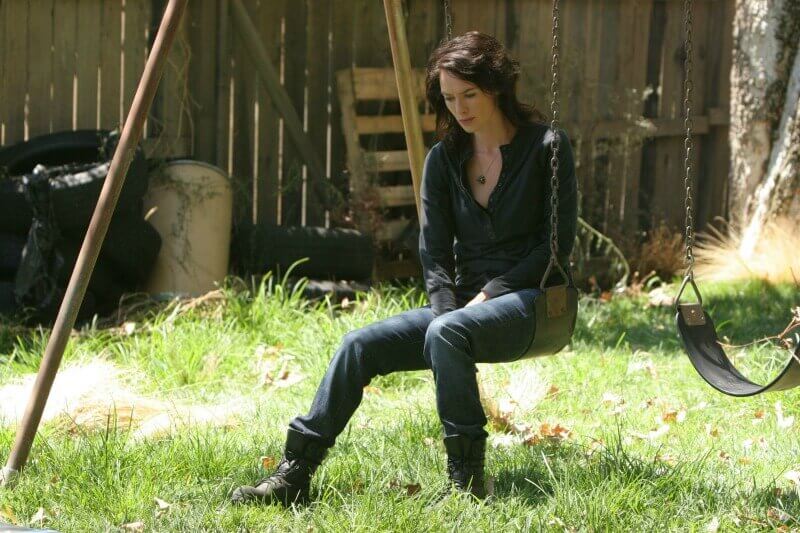I can’t tell you when it first occurred to me. I think maybe someone pointed it out. But growing up I recognized that women in action films weren’t really genuine.
Now, having grown up and learned a thing or two, I can explain why. To the best of my knowledge the first female action hero was Ripley in Alien (1979). It was written as a male role then they cast Sigourney Weaver in it. That created a legacy for nearly 2 decades of female action heroes acting like men. Sarah Connor from the Terminator series (1984) is another iconic example of this tough, ballsy, no nonsense woman.
It bothered me that these characters weren’t really allowed to be feminine. Like, somehow as a society we didn’t believe women could be strong and authoritative without acting like men.
Now that we actually have female writers we’ve imagined women as strong and tough while remaining emotional and complex characters. The Sarah Connor of the tv series exemplifies this evolution of women in film and tv; which is one reason I’m so glad she’s been reimagined.

Lena Headey’s Sarah Connor is fascinating. She bears the weight of raising a son who must save humanity while simultaneously trying to avert his destiny. Unlike Linda Hamilton, we’re allowed to see her bend under the strain; to see her cry. This multidimensional character remains resolute in her mission to fight the future while longing for normalcy and love and ultimately peace for her son. She is as resolute in her decision to fight the future as she is frayed; as torn as she is determined. She maintains the strength and authority of the character (which really is the most fun to watch) without losing the tender moments where she’s allowed to smile and even laugh at her own flaws.
Derek: She always has murder in her eyes but she has a pure heart.
I really like that we’re telling complicated stories about women: Sarah Connor and Elizabeth I and Juliet on Lost. Even though its more interesting than Ripley or Linda Hamilton’s Sarah Connor it doesn’t diminish their impact on the stories we’re telling now.
ETA: I realized the other night, though it probably should have been obvious, that the first strong and feminine character I saw in any media was Buffy. She was strong and funny and brave and weak and in love and longing to be loved and torn and had to sacrifice her own happiness and desire for the greater good. She was the beginning of storytellers understanding that women can be uniquely feminine warriors and showing us what that looked like and what it meant as good stories are apt to do.